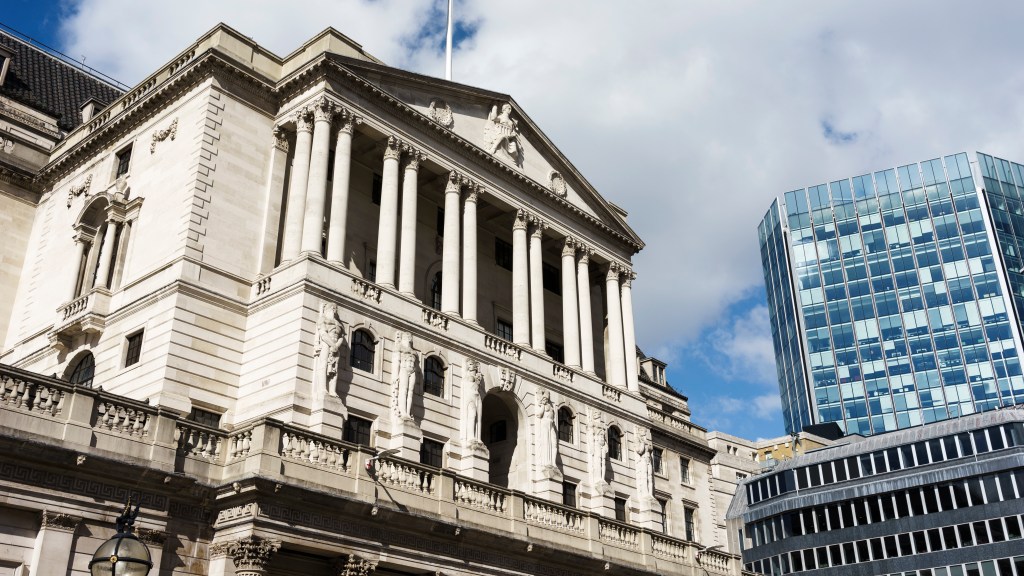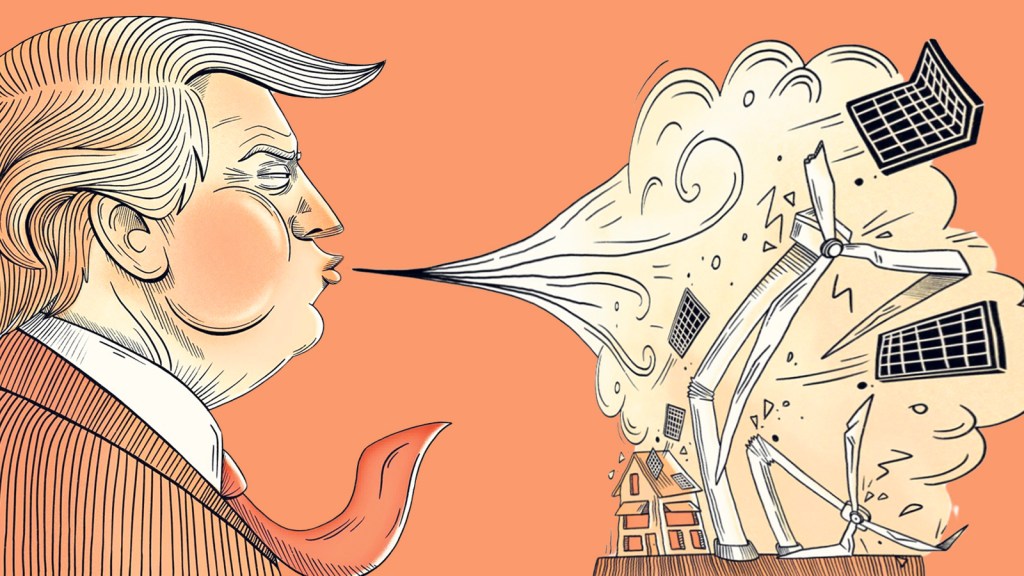Tariff Relief for Penguins of Heard and McDonald Islands
When you search, “how do penguins celebrate?” on Google, you might get a response such as, “AI answers may include inaccuracies.” Therefore, it remains uncertain how these penguins truly commemorate occasions. Some might just choose to embrace the water and get thoroughly drenched.
Regardless of their methods, one thing is certain: the black-and-white inhabitants of the Heard and McDonald Islands are in for a celebration. The imposed 10 percent tariffs appear to be lifted, at least temporarily, after the United States Court of International Trade rejected claims that these penguins were “pillaging” and “plundering” American resources.
A panel of judges determined that Donald Trump’s April 2 actions regarding global trade, which were based on the International Emergency Economic Powers Act (IEEPA) of 1977, “exceeds any tariff authority delegated to the president” as stipulated by this law. To summarize, the tariffs are deemed illegal, although it is important to note that this decision has no effect on his sector-specific tariffs on steel and automobiles, which, fortunately for the penguins, are not relevant to their industries.
It is quite astonishing that the rule of law still holds in the context of Trump’s America. Two legal challenges were initiated: one by the New York wine importer VOS Selections and four other companies who argued that the tariffs would negatively impact their operations, and the second by twelve US states, led by Oregon, claiming the import duties would impose higher costs on them.
And they were victorious. The IEEPA stems from the Trading with the Enemy Act, established in 1917 after the US entered World War I. This provides context for the plaintiffs’ belief that a long-standing US trade deficit does not constitute a “national emergency,” especially considering it hasn’t hindered the country from becoming the world’s leading economy. “His alleged emergency is a mere figment of his imagination,” as stated in one of the lawsuits.
What comes next? Trump is, of course, appealing the decision, potentially to a compliant Supreme Court packed with Republican appointees. In the meantime, as noted by analysts at Goldman Sachs, he may explore “alternative methods to impose tariffs.”
These methods could include extending sectoral tariffs under Section 232 of the Trade Expansion Act, which already affects pharmaceutical and semiconductor imports. Additionally, he could utilize Section 301 of the Trade Act of 1974, alleging “unfair” trading practices, which both he and the Biden administration have applied to certain Chinese imports. Or he may resort to Section 122 of the same Act, although that limits duties to 15 percent and requires Congressional approval for durations beyond 150 days.
Nevertheless, each of these options would take more time to execute, with some necessitating preliminary investigations. Any re-imposition of Trump’s “liberation day” tariffs would now be more complicated. Furthermore, he has lost presidential authority, particularly as he expresses his displeasure over the market’s branding of his frequent tariff changes as the “Taco trade” — Trump’s consistent withdrawal from commitments.
During the Oregon court proceedings, a US government attorney stated that a court ruling in favor of lifting the tariffs would “completely undermine the president” just when he is attempting to negotiate trade agreements. And now it has happened. This is why economist Paul Krugman believes, “This constitutes a massive political defeat, and Trump can only blame his own overreach.”
Furthermore, could this court decision motivate other US authorities to adopt a tougher stance against Trump? Considering the suspicion of impropriety, shouldn’t regulators be examining market transactions related to his unpredictable directives or his involvement with cryptocurrency?
There is also an uncomfortable question for politicians in the UK: was Sir Keir Starmer too hasty in agreeing to a US trade agreement that includes a 10 percent minimum tariff on UK exports, which is now classified as illegal by an American court? The potential for the penguins to negotiate a better deal remains uncertain.
Government Overreach
Continuing with government overreach: Rachel Reeves is suggesting that pension providers should be directed on where to invest your retirement savings. How does that sound? A chancellor, struggling to present sound financial figures, granting herself the authority to set “quantitative baseline targets for pension schemes to invest in a wider variety of private assets, including within the UK.”
Naturally, she insists she would only invoke these powers “if necessary,” as explained in the Treasury’s final report on pension investments. But who defines what is necessary? She has already pressured 17 pension organizations into a so-called “voluntary” Mansion House accord, committing to allocate “at least 10 percent” of their defined contribution pension assets to “private markets” by 2030, with at least 5 percent of this allocation focusing on the UK.
If that isn’t sufficient, she now holds the power to compel the industry to select investments based not on fiduciary duty but on projects that may or may not benefit the UK, such as tech start-ups or nuclear initiatives. How many financial overruns are acceptable for your pension?
Granted, certain private ventures in the UK could yield significant returns. However, as Julian Mund, head of the Pensions and Lifetime Savings Association, noted, “Any governmental intervention aimed at dictating how savers’ money is invested carries risks,” potentially impacting “trust in the system.” Moreover, if Reeves can indeed make the UK an attractive investment destination, funds will naturally gravitate there, although recent events indicate this remains a considerable challenge.
A Flight to Success
This season may lack a trophy for Michael O’Leary’s airline, yet there’s positive news for the Ryanair CEO: after a convoluted journey, marked by delivery delays from Boeing, his €100 million share option package has finally materialized. This reward is a result of successfully pushing the share price, now at €23.74, above €21 for a continuous period of 28 days.
Critics may complain, but O’Leary has dedicated over three decades to building the airline from the ground up into Europe’s largest carrier, currently valued at €25 billion. Throughout this process, he has made air travel affordable for everyone, deserving of substantial rewards.




Post Comment